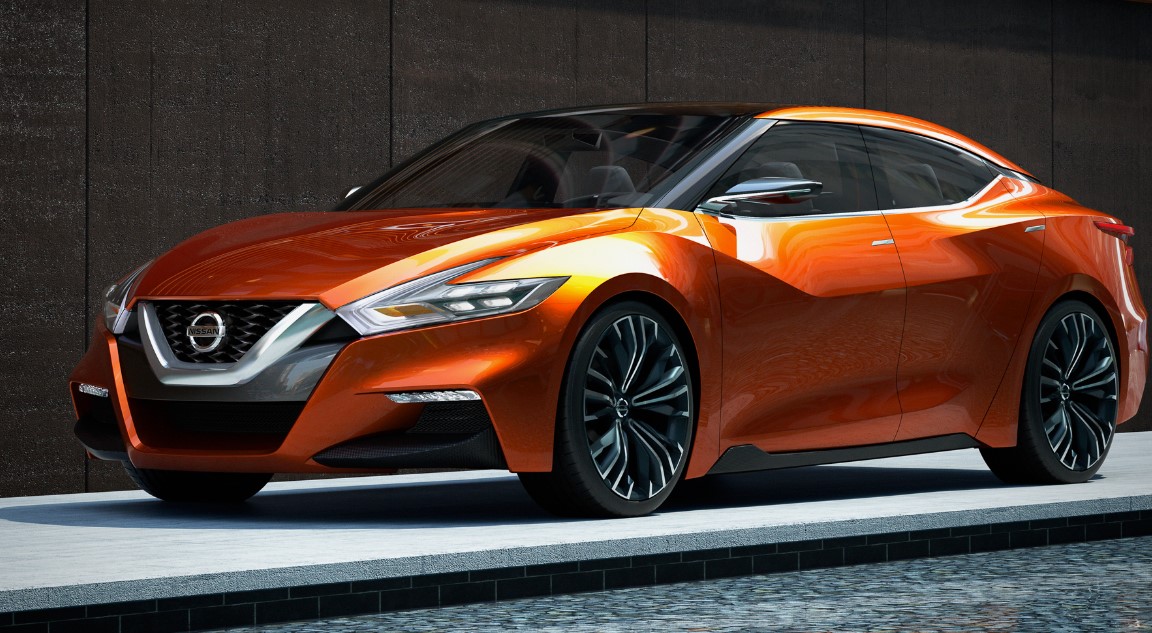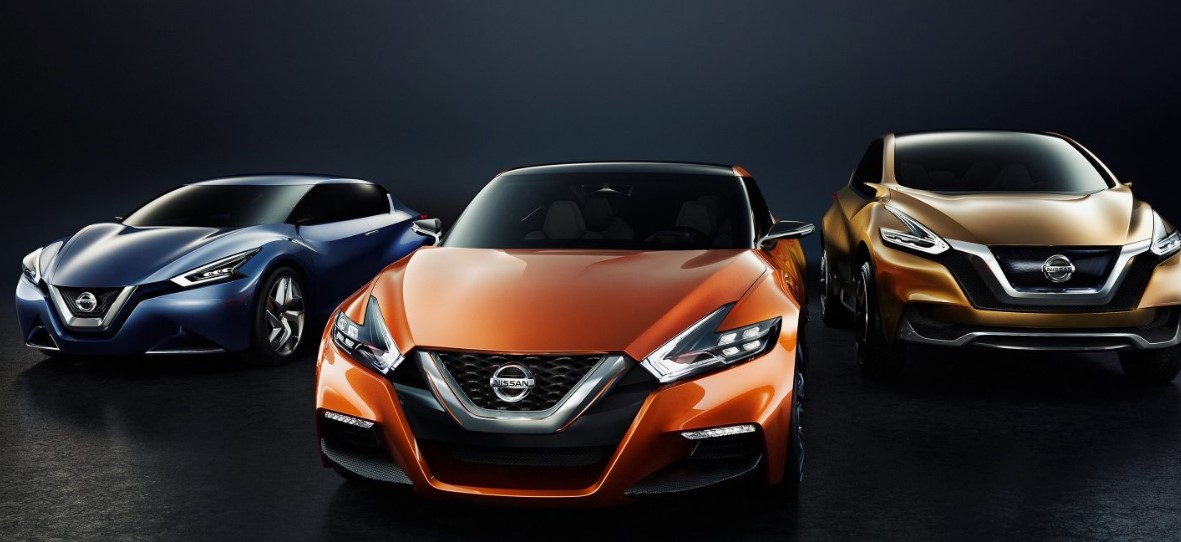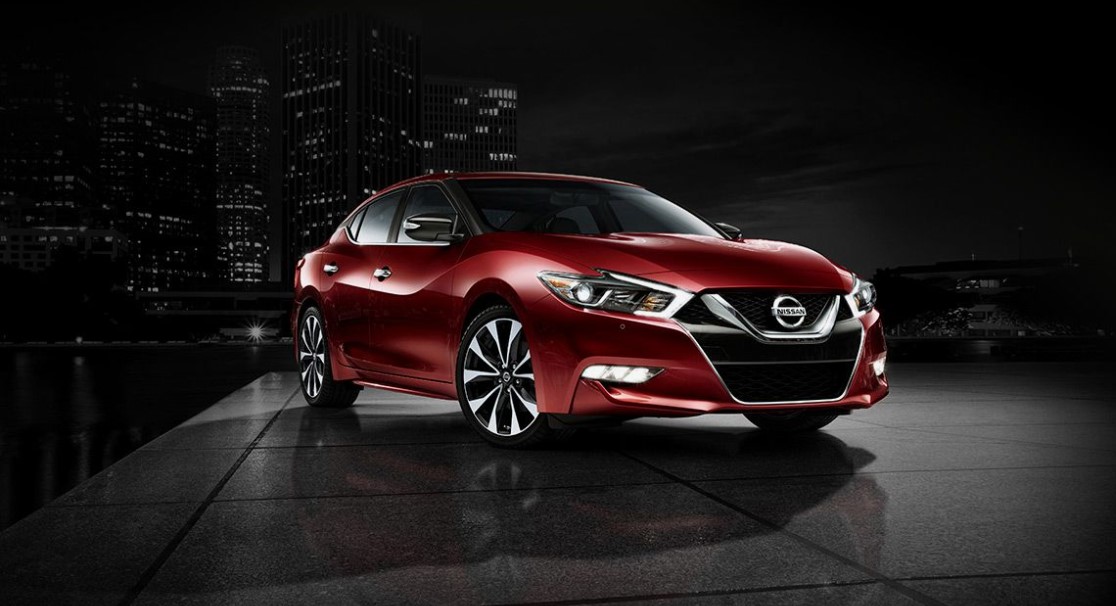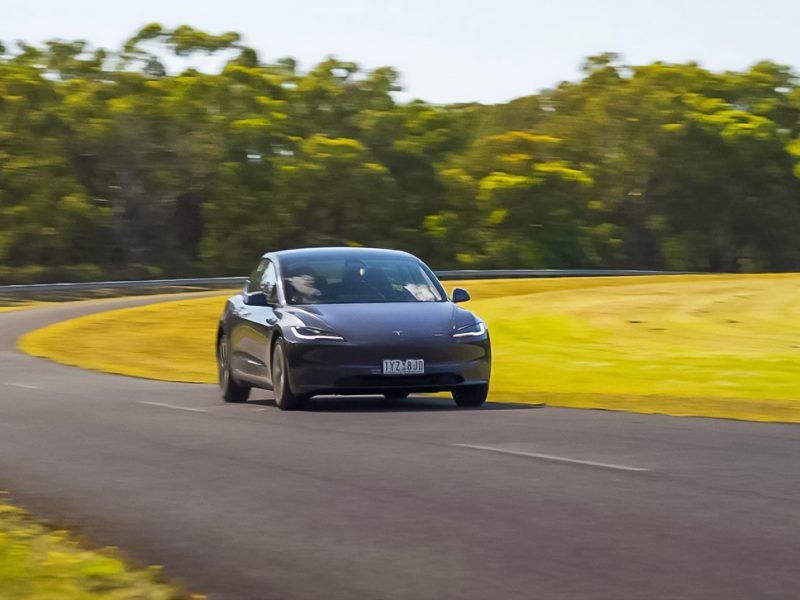Nissan has firmly established itself as a leading player in the global automotive industry, captivating drivers worldwide with vehicles that epitomize reliability, comfort, practicality, and distinctive design. For those seeking a convenient car rental UAE experience, Nissan’s range offers unmatched quality and versatility. From its modest beginnings to becoming a technological powerhouse, Nissan’s journey reflects resilience, innovation, and a commitment to excellence.
Page Content
The Birth of Nissan Corporation
The origins of Nissan date back to December 26, 1933, when a merger between Tobata Imono and Nihon Sangyo led to the creation of a new company. Initially known as Jidosha-Seizo Co., Ltd., it was renamed Nissan Motor Co., Ltd. on June 1, 1934, marking the official beginning of the Nissan brand.
Nissan quickly set its sights on becoming a leader in automotive manufacturing. In 1935, the company built its first integrated car production plant in Yokohama, employing cutting-edge technologies and expertise borrowed from American specialists. This plant became the backbone of Nissan’s manufacturing prowess, enabling the production of vehicles at scale and fostering a culture of innovation.
The Datsun Legacy
One of the earliest chapters in Nissan’s history revolves around the Datsun brand, which predated the company’s formation. Datsun became the face of Nissan’s offerings, symbolizing affordability, dependability, and practicality.
While Datsun cars were a cornerstone of Nissan’s success for decades, the brand was phased out in 1986 as Nissan sought to streamline its global identity. However, the Datsun name made a nostalgic return in 2013, aimed at providing affordable and practical vehicles in emerging markets, a testament to the brand’s enduring appeal.
Post-War Recovery and Strategic Alliances
The aftermath of World War II presented significant challenges, but Nissan emerged stronger, largely due to strategic collaborations with global automakers. Partnerships with companies such as Renault, Hillman, and Willys-Overland infused Nissan with advanced engineering knowledge and expanded its capabilities.
In 1952, Nissan signed a licensing agreement with Austin Motor Company, allowing it to produce Austin vehicles under license. This partnership laid the foundation for Nissan’s reputation as a technically adept automaker, capable of delivering vehicles that met global standards.

Global Expansion
Nissan’s global ambitions took shape in the 1950s and 1960s, with a focus on penetrating international markets. The company began exporting cars to the United States in 1958, marking its entry into one of the world’s most competitive automotive markets. During the same period, Nissan expanded to Europe and Asia, establishing itself as a formidable global brand.
In 1966, Nissan merged with Prince Motor Company, a move that significantly bolstered its product portfolio. This merger introduced iconic models like the Skyline and Gloria, which became synonymous with performance, luxury, and advanced technology.
The 1970s: Meeting Global Challenges
The 1970s oil crisis highlighted the need for fuel-efficient vehicles, and Nissan rose to the challenge with innovative engineering and design. The company’s focus on creating fuel-efficient, reliable cars paid off, as demand surged worldwide. Models such as the Datsun 510 and Sunny became household names.
Nissan also ventured into the sports car segment with the introduction of the Z-car series, starting with the legendary Datsun 240Z. This line became a symbol of affordability and high performance, solidifying Nissan’s reputation among enthusiasts.
The 1980s: Localization and Diversification
By the 1980s, Nissan began producing vehicles in key markets like the United States, Canada, Mexico, Australia, and Europe. This strategy allowed the company to cater to local preferences, reduce costs, and mitigate currency fluctuations.
The launch of the Infiniti brand in 1989 marked Nissan’s entry into the luxury car market. Infiniti was designed to compete with established premium brands like Lexus, BMW, and Mercedes-Benz, and it brought a new dimension to Nissan’s global offerings.
The 1990s: Challenges and Resilience
Despite its successes, Nissan faced significant financial difficulties in the 1990s. Overproduction, high costs, and shrinking profits put the company in a precarious position.
A turning point came in 1999 with the formation of a strategic alliance with French automaker Renault. Under the leadership of Carlos Ghosn, Nissan implemented a rigorous recovery plan that included cost-cutting measures, plant closures, staff reductions, and the introduction of innovative models. This period of transformation not only stabilized the company but also set the stage for a new era of growth.
The 2000s: Embracing Innovation
Nissan entered the 21st century with a renewed focus on technology and sustainability. The company introduced numerous groundbreaking innovations, including:
Nissan Intelligent Driving: A suite of advanced driver assistance systems, including 360-degree cameras, autonomous parking, and lane-keeping assistance.
e-POWER Hybrid Technology: A unique hybrid system where the internal combustion engine charges the battery, but only the electric motor powers the wheels.
e-Pedal Technology: Debuting in the Nissan LEAF, this system allows drivers to control acceleration and braking with a single pedal.
Nissan Energy Solar: An eco-friendly solution combining solar energy with home and vehicle energy management systems.
All-Solid-State Batteries: Set to debut by 2028, these batteries promise greater safety, durability, and energy density compared to traditional lithium-ion batteries.
EV36Zero Concept: A groundbreaking initiative aimed at achieving carbon neutrality by integrating transportation and energy management systems.

Advantages of Nissan Vehicles
Nissan cars have consistently stood out for their features and benefits, making them popular among a diverse range of drivers. Key advantages include:
- Versatility: Nissan’s SUVs and crossovers, such as the Rogue, Pathfinder, and Qashqai, excel in both urban and off-road environments.
- Distinctive Design: The sleek and modern aesthetics of Nissan vehicles ensure they remain visually appealing.
- Reliability: Nissan’s engines are renowned for their durability, often lasting beyond 200,000 kilometers with proper care.
- Technological Edge: Systems like ProPILOT Assist and the Xtronic CVT provide a superior driving experience with enhanced safety and efficiency.
- Comfort: Nissan’s focus on ride quality and spacious interiors ensures a comfortable journey, even on rough roads.
Looking to the Future
Nissan’s commitment to innovation and sustainability positions it as a key player in the automotive industry’s future. With a strong focus on electrification, advanced driver-assistance systems, and carbon neutrality, Nissan aims to redefine mobility for generations to come.
From its humble beginnings in Yokohama to its status as a global powerhouse, Nissan’s legacy is a testament to perseverance, adaptability, and an unyielding commitment to quality. For drivers seeking a blend of reliability, cutting-edge technology, and stylish design, Nissan remains an ideal choice.


